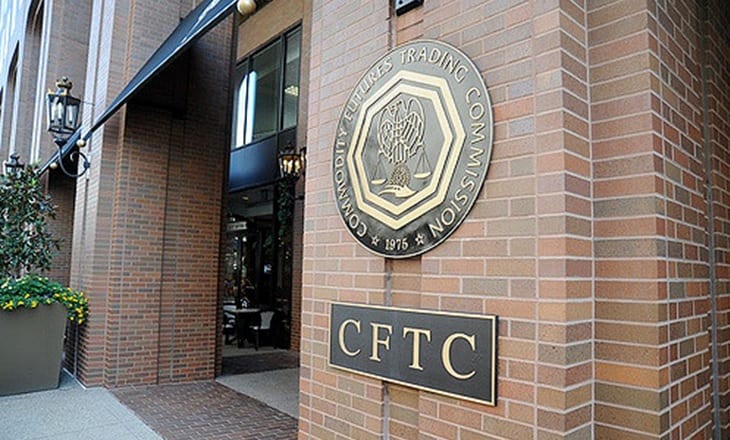When we think of regulators, we normally envision government officials auditing financial service firms, incarcerating fraudsters, and generally being a pain in the neck for all those within their purview, but one key part of their mission statement is also to educate the investing public and keep them aware of important trends. In that latter vein, it is encouraging that the Commodity Futures Trading Commission (CFTC), the agency with jurisdiction over currency trading and digital assets in the United States, has released a primer on Blockchain Technology and Smart Contracts.
Regulators across the globe have been inconsistent in either their attacks upon or acceptance of cryptocurrencies or anything that has to do with this current phenomenon. It did not help that early zealots of digital tokens shouted from the rooftops that cryptos would replace all fiat currency and do away with the need for a central banking authority, the key banking regulator in every jurisdiction. It is now encouraging that a prominent agency, like the CFTC, has expended resources to gain a deep understanding of the underpinnings of cryptocurrencies and is sharing that information on a broad basis.
The press release actually originated from the LabCFTC and began:
This primer is part of LabCFTC’s effort to engage with innovators and market participants on a range of financial technology (FinTech) topics, and follows on a 2017 primer on virtual currencies and the agency’s recent FinTech Forward conference.
LabCFTC was launched in May of 2017 and is dedicated to facilitating market-enhancing financial technology (FinTech) innovation, informing policy, and ensuring the agency has the regulatory and technological tools and understanding to keep pace with changing markets. LabCFTC is designed to make the CFTC more accessible to FinTech innovators, and serves as a platform to inform the Commission’s understanding of emerging technologies.
The primer is a 32-page document, which reads like a business presentation. It begins by defining smart contracts and then outlines detailed use cases and possible applications of smart contracts, their benefits and risks, and the challenges faced by this blockchain-based approach. The release emphasizes that:
As with other areas of innovation, while there are many potential benefits, it is also critical to understand and mitigate risks and challenges; the primer accordingly works through a range of operational, technical, cybersecurity, fraud and manipulation, and governance risks and challenges.

Daniel Gorfine, Source: Twitter
LabCFTC Director Daniel Gorfine stated in the release that:
Smart contracts are being used to drive further automation in our markets and may have an impact across a range of economic activities. This primer is focused on explaining smart contracts, exploring how they may impact our markets and highlighting potentially novel risks and challenges.” This statement is in keeping with the Lab’s mission to “enable the CFTC to be proactive and forward-thinking as FinTech applications continue to develop.
There is also a positive takeaway for everyone participating today in the crypto space. Actions such as these are good indications that the relationship between regulators and the cryptocurrency revolution is becoming less combative and more mutually supportive, as the technology evolves. Cooperation will be necessary for cryptocurrencies to move beyond current operational shortcomings.
CFTC and ASIC have recently signed an arrangement to cooperate and support innovation through each other’s financial technology (FinTech) initiatives – CFTC’s LabCFTC and ASIC’s Innovation Hub.
